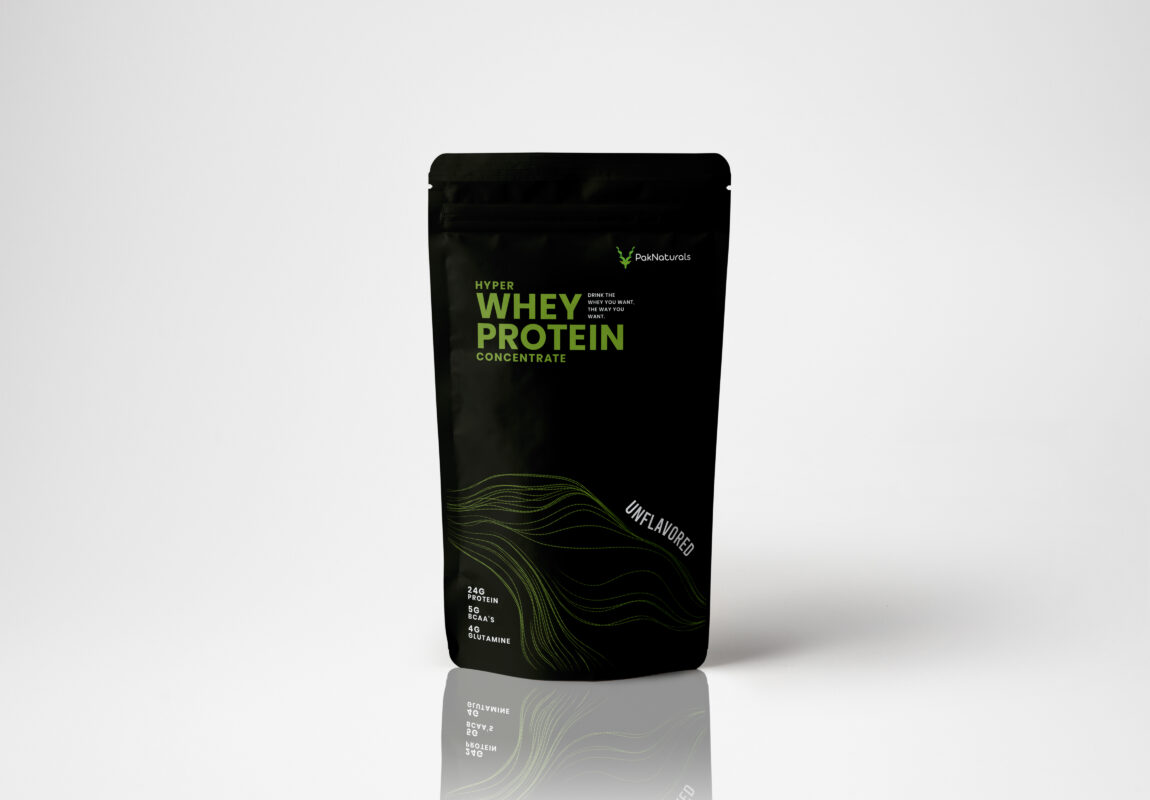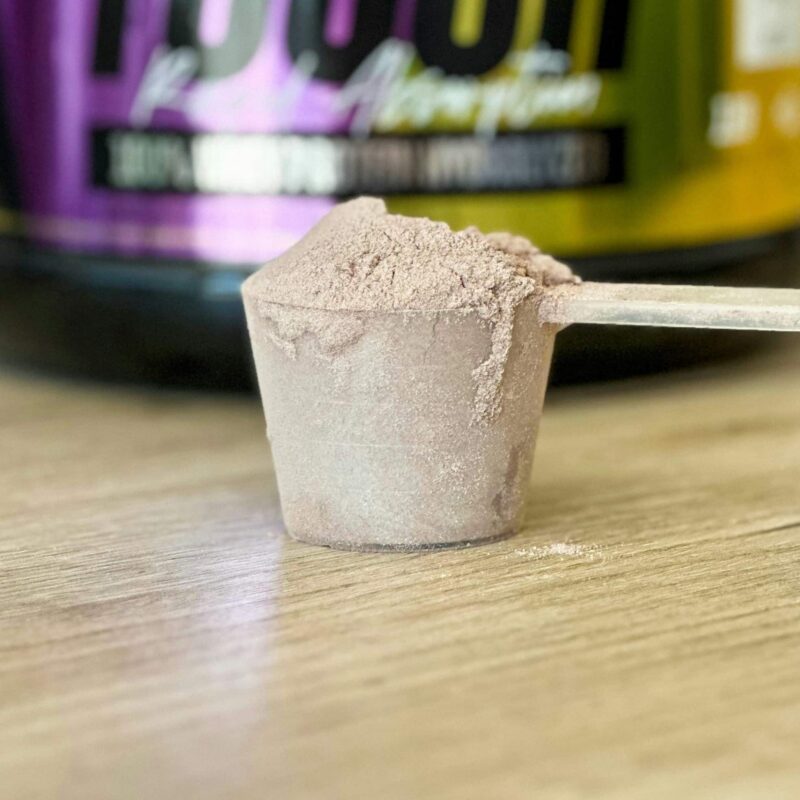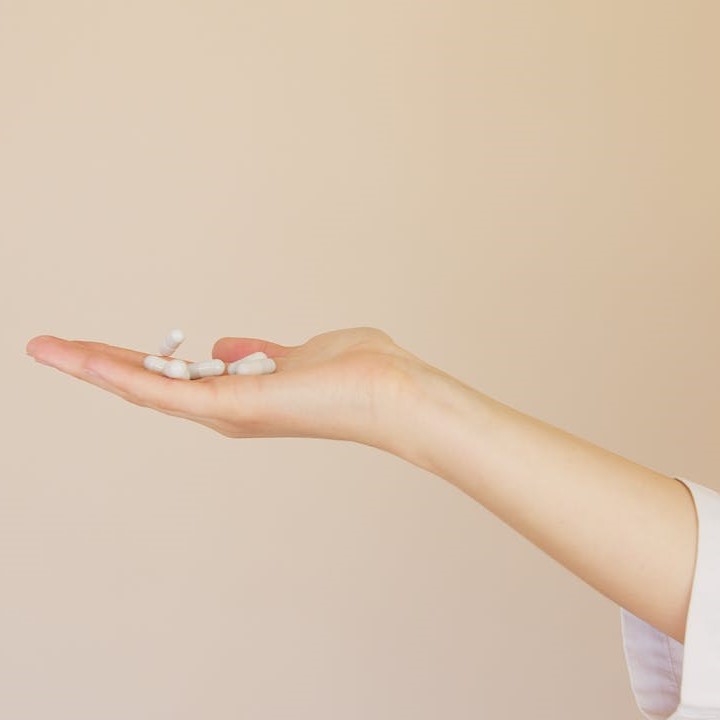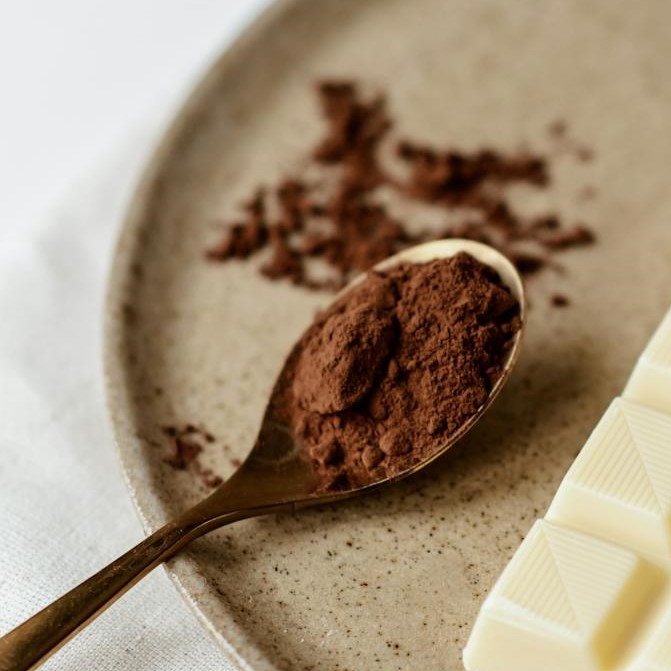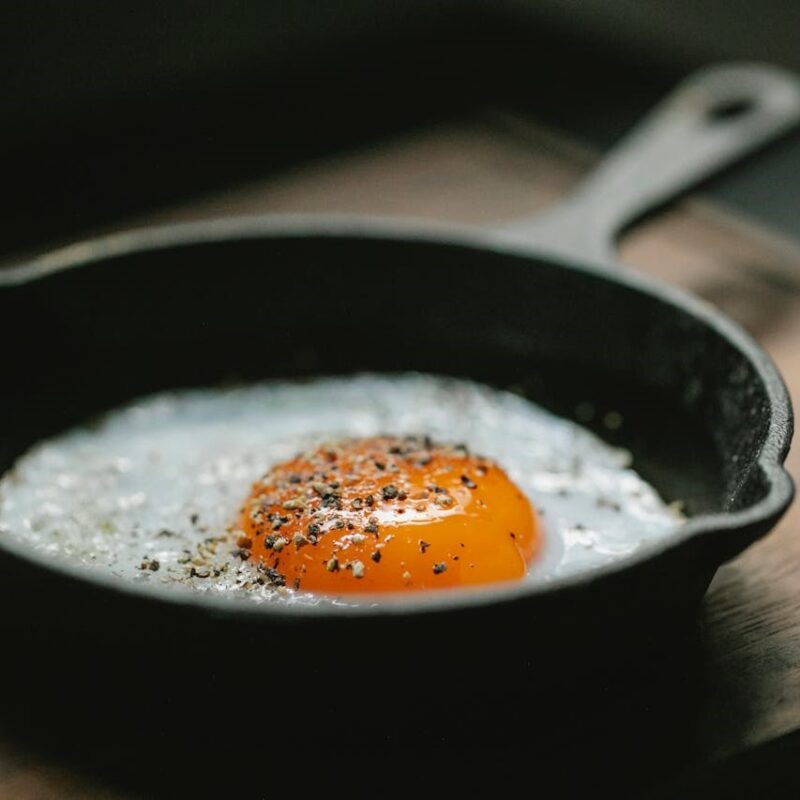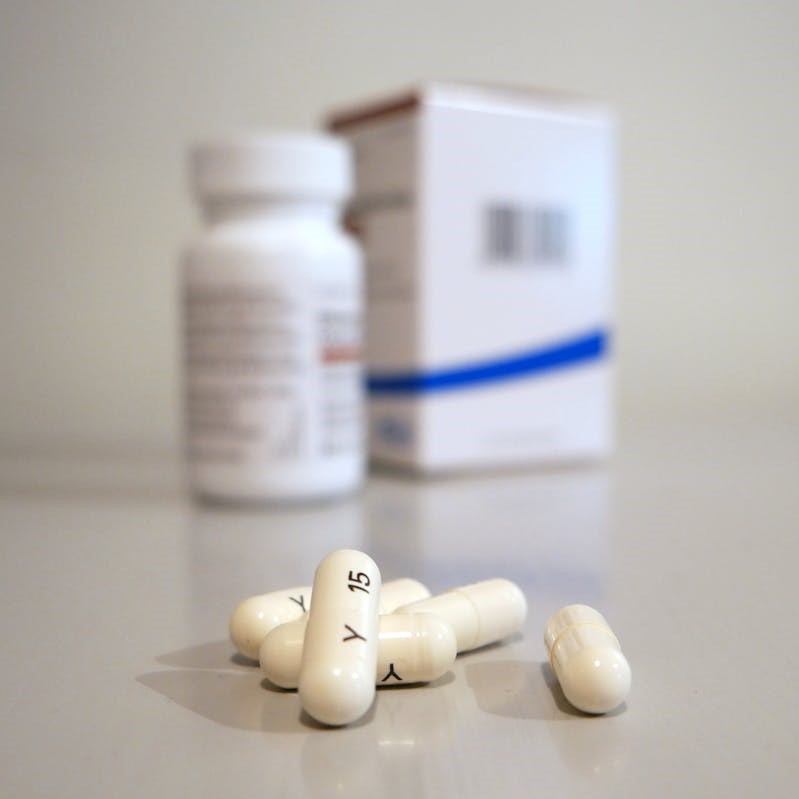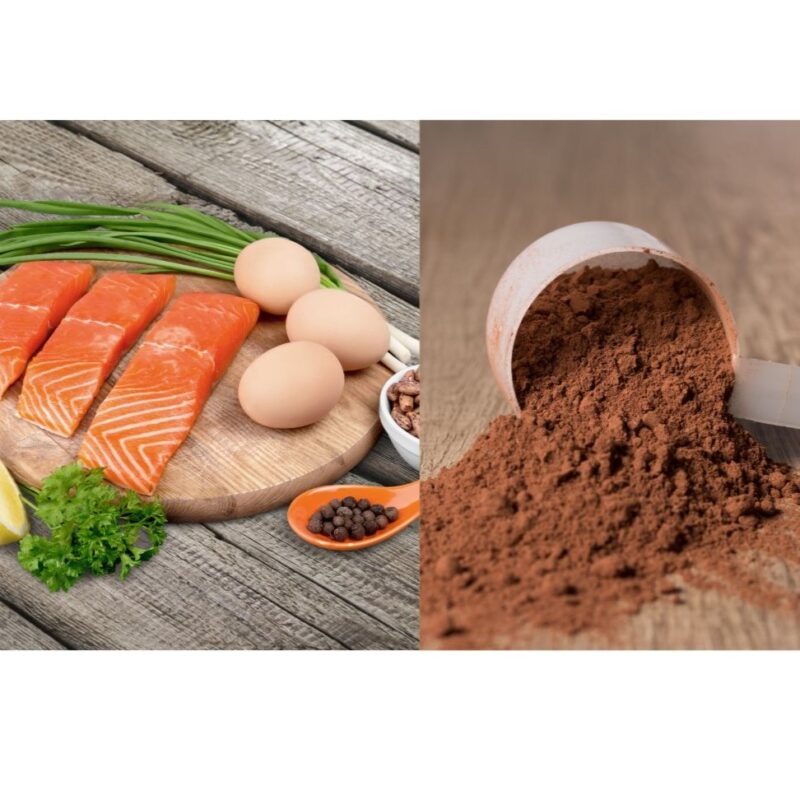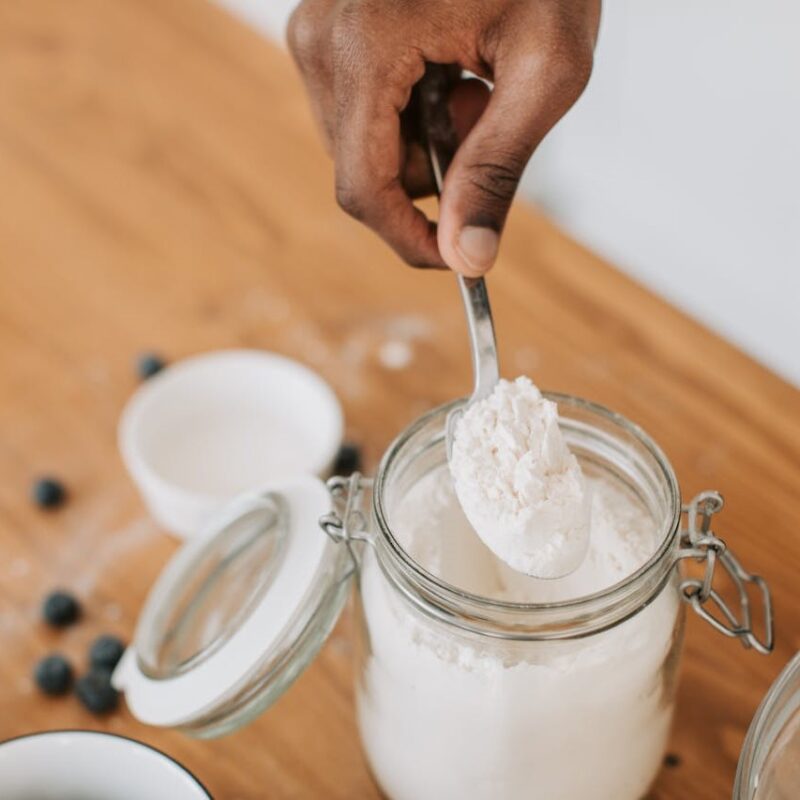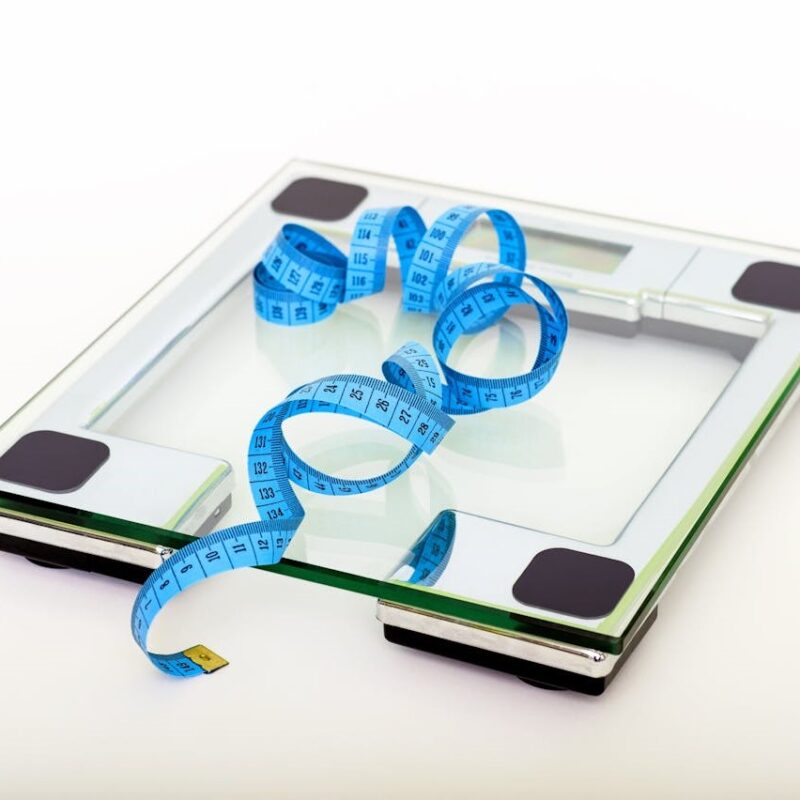
Blog
The 5 Worst Myths About Protein Powder – Finally Answered
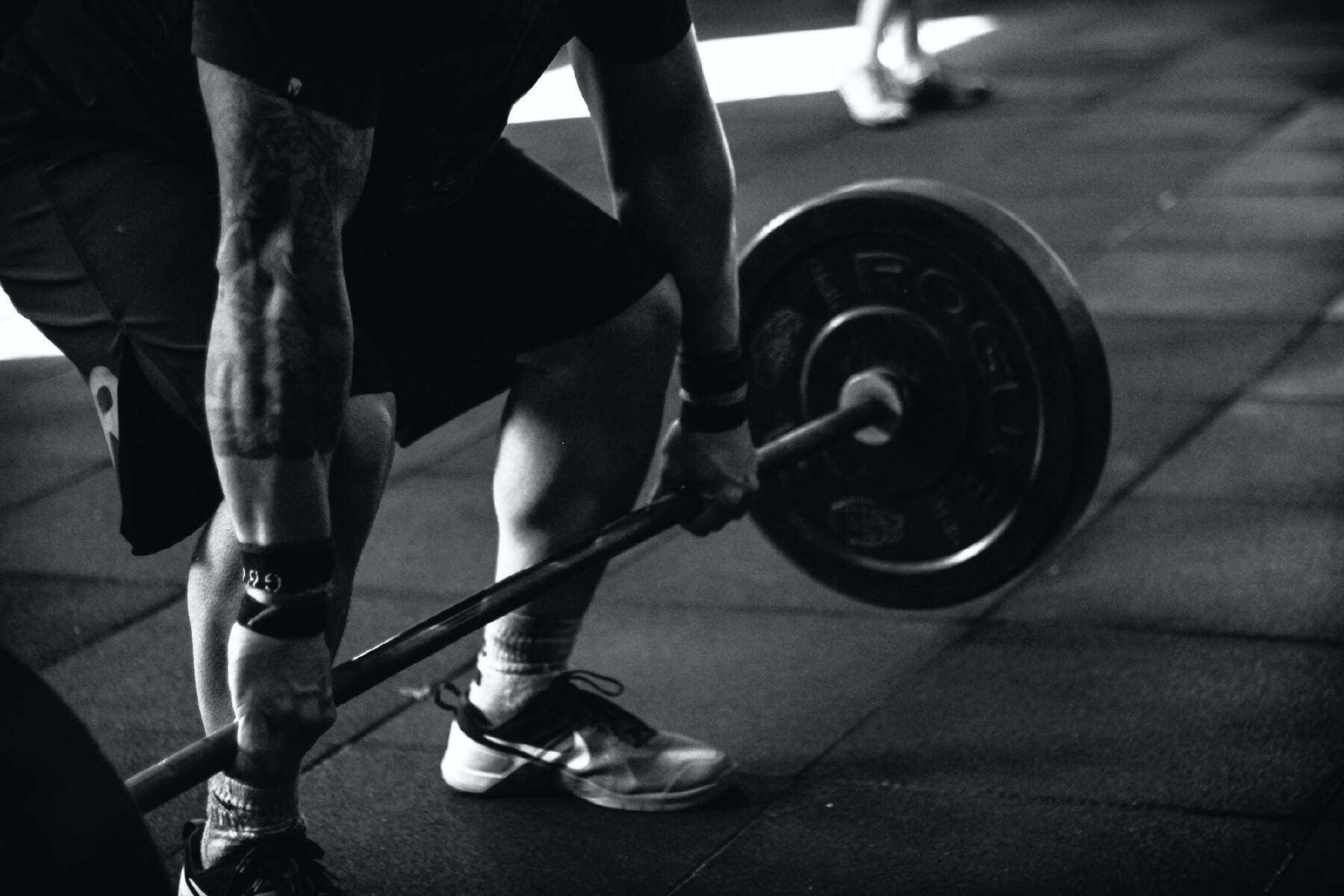
“Is whey powder safe?” “Does protein powder cause kidney stones?” “Is whey protein good for you?”
These were all the search terms that came up while we were doing our research for a new blog post. By the looks of it, there are a lot of misconceptions and myths about protein powder. Especially here in our Pakistani community.
Perhaps your mom hates it for no reason.
Or maybe old man Bashir using the twister at the gym tells you that it’s a steroid.
Seriously, don’t listen to anything Bashir tells you. I once had an uncle tell me I shouldn’t squat because my knees would pop out. I assume his name was Bashir too :’)
Today, once and for all, we put these myths to rest. In this article, we discuss common fears and misconceptions related to protein powder.
By the end of it, we hope you’ll be able to decide for yourself if protein powder is safe or not.
(Note: Our focus of attention in this article will be primarily on whey protein powder.)
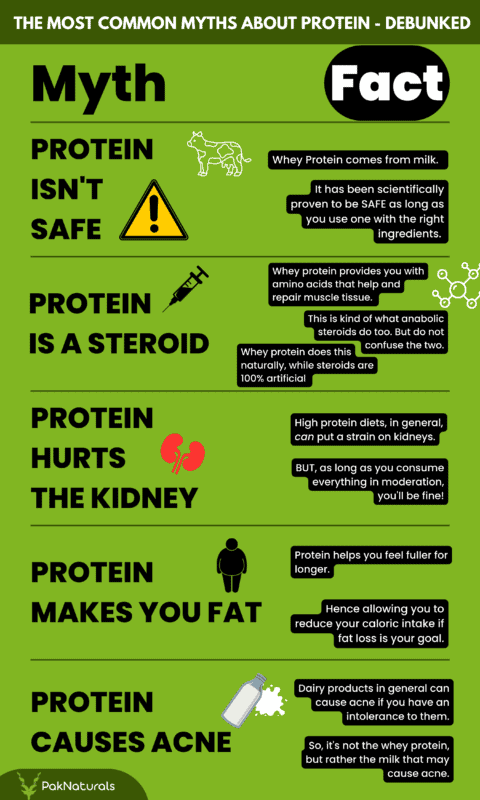
Is whey protein safe?
Many people simply do not have a clear understanding of what whey protein is or how it is processed.
This leads them to believe that it is unsafe.
We’ve got another article that explains everything about the manufacturing of whey. Be sure to check that out here.
But for now, here’s a general overview of what whey protein actually is…
Whey protein is a byproduct of cheese. To make cheese, milk is treated with an enzyme that causes it to separate into milk solids and liquid whey.
Cheese factories collect the milk solids, and the liquid whey gets sent to whey production plants.
After many layers of filtration and processing, it becomes ready for use in protein shakes.
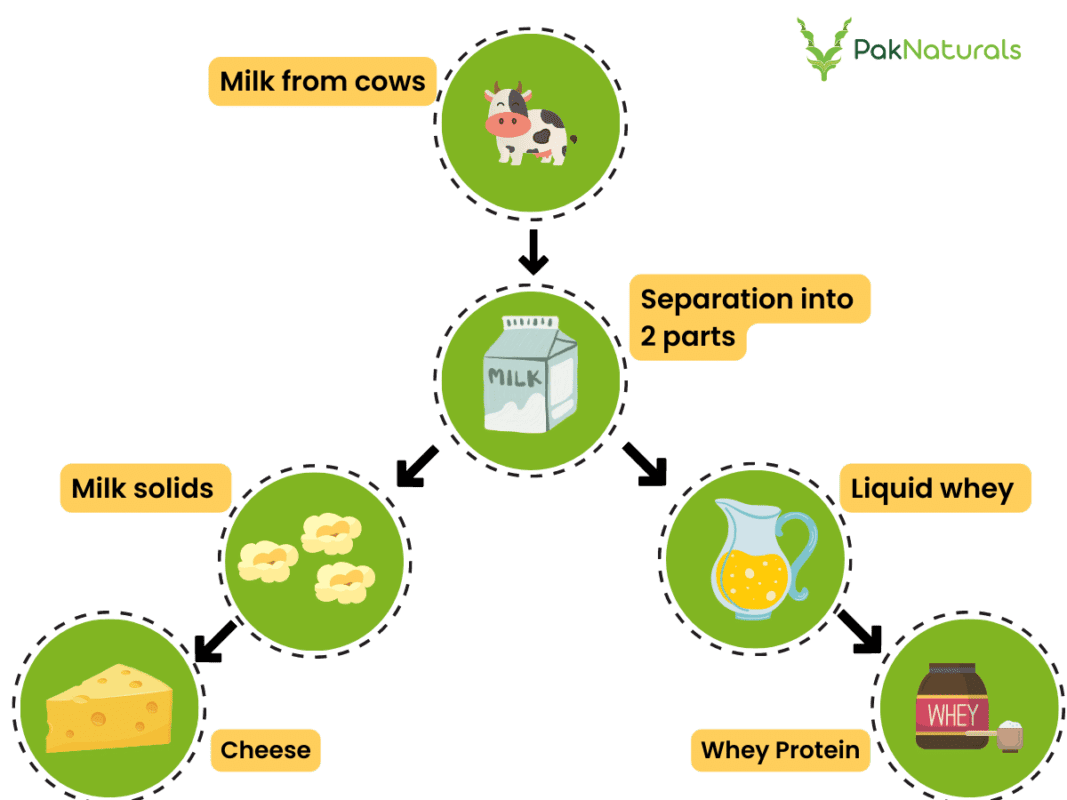
So, yes…
Whey protein powder is safe, AS LONG as you’re buying one with the right ingredients.
If you’re someone who’s just starting out in the gym,
Pick one that has minimal ingredients.
You DON’T need any of those fancy protein powders.
You DON’T need any that offer you ridiculous claims.
We’re a protein powder company ourselves. Trust us when we tell you that 99% of the times a product promises you miraculous sounding claims, it’s just marketing.
Stick with the simple, and you’ll be fine.
Is whey protein a steroid?
Now, back to what old man Bashir might’ve told you.
“Beta, whey protein naa istamaal karna. Yeh steroid hota hay.”
(“Son, don’t use whey protein. It’s a steroid)
Sorry, Bashir. But we’ve had enough of your misinformation. It’s time to educate you as well.
People usually think whey protein is a steroid as anabolic steroids are popular among bodybuilders and athletes.
These are substances that mimic the effects of testosterone and are used to build muscle and improve athletic performance. However, whey protein, itself. is NOT a steroid.
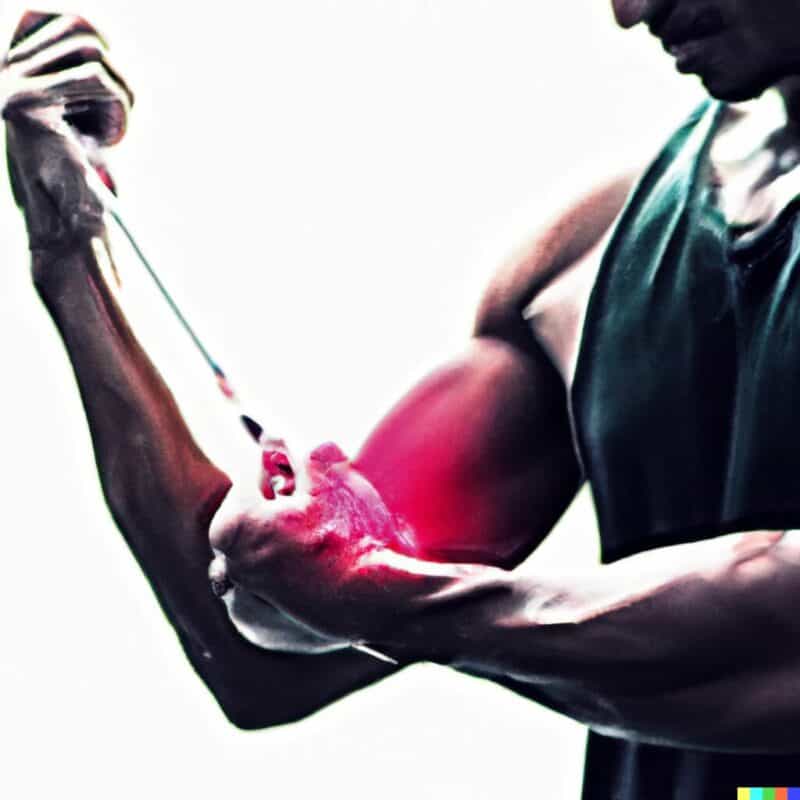
As mentioned before, it is derived from milk and is a complete protein that contains all Essential Amino Acids (EAAs) and Branched Chain Amino Acids (BCAAs)
In case you’ve wondered what those are, they help build and repair muscle tissue. Additionally, you must take them through your diet as your body cannot produce them on its own.
Now to think of it, that kind of sounds like what steroids do as well!
So, we can kind of understand where this whole whey-steroid misconception comes from.
But do not confuse the two.
Whey protein does not directly increase testosterone levels. Rather, it provides you with EAAs. These, in turn, are involved in the production of hormones like testosterone.
But, all this, is a natural process.
In fact, you DON’T even need whey protein to get EAA’s. Any other natural source of protein like chicken or beef would do just fine.
Steroids artificially inflate your testosterone levels to speed up muscle recovery and growth.
While whey protein can be a valuable addition to a healthy diet…
It does NOT have the same hormonal effects as anabolic steroids and should not be confused with them.
Therefore, ending this debate, once and for all…
Whey Protein is NOT a steroid.
Next time Bashir comes at you with another of his dumb advice, please walk away and maybe send him this article. (shameless self-advertisement 😉)
Does whey protein damage your kidney?
Okay, now this is also something that I’ve heard of firsthand.
A couple of months ago, I was at the local gym in my community. It was push day and I was getting ready to head into my 3rd set of the bench press.
As I lifted the weights up, the following sentence caught my attention:
“Whey protein naa lo, tumhaaray kidneys faarigh ho jayein gy.”
(Don’t use whey protein, you’ll destroy your kidneys.”)
The first thought that came through my head…
“Bashir! Tu yahan bhi pohanch gya hay?!”
(Bashir, you’re here too?!)
I put the weights down and turned around.
To my dismay,
It was the personal gym trainer himself. Talking to one of his clients.
This was no Bashir.
This was a striking, young, handsome, and well-built man who was terribly misinformed about whey protein.
And now, he was transferring that misinformation to his client as well.
I knew then and there…
That I HAD to write an article that went into the depths of this issue. So, how much truth is there actually to this claim? Turns out, it’s not exactly all rubbish.
High protein diets, in general can put a strain on your kidneys. Whey protein isn’t the main culprit here.
Let me explain…
The belief that whey protein can damage your kidneys comes from the fact that high-protein diets can put a strain on the kidneys. This is especially true for people with pre-existing kidney diseases.
Your kidneys are responsible for filtering waste products from the blood. High protein diets can increase the amount of waste that needs to be filtered. Hence, putting extra strain on the kidney.
But! But, but, but…
It is important to note that whey protein consumed in moderation does not cause any significant harm to the kidneys.
Whey protein is meant to be used as a supplement. A lot of times people forget this and assume all their protein intake has to be from protein powders.
This couldn’t be further from the truth.
Real, cooked food will always beat something that comes out of a tub/pouch. If you’re consuming enough protein through your diet, then you have absolutely NO NEED to use protein powder!

But the problem is that a lot of us don’t get enough protein in our diet. So protein powder can be a useful way of filling that gap safely.
Bottom line is, be smart about it.
If you’re eating 3 chicken breasts, 250g minced beef, 6 eggs, and chugging 3 glasses of milk…
You don’t need to go overboard with the protein powder!
So, if you ever wonder, “how much protein powder do I need?”, just know that…
Too much of anything… is a bad thing, no matter how good that thing actually is.
Don’t just eat everything protein, and include veggies, carbs, and healthy fats, too.
Keep everything in moderation, and your kidneys will be safe.
Will whey protein make you fat?
Okay, I won’t hate on Bashir for this one. Turns out this is a common misconception in a LOT of the younger folk too.
Losing weight.
One of THE MOST overcomplicated topics in the fitness industry.
You’ll find seas of content on secret diets and exercises that claim to magically help you lose all that weight.
But guess what?
You try them. They fail. You’re left painfully disappointed. Make zero progress. Back to square one.
Why is that?
Because they don’t work.
But, I’ve got something for you that does.
It’s actually so stupidly simple that you’ll be kicking yourself for not thinking this way.
Ready to hear what it is?
Here goes nothing
.
.
.
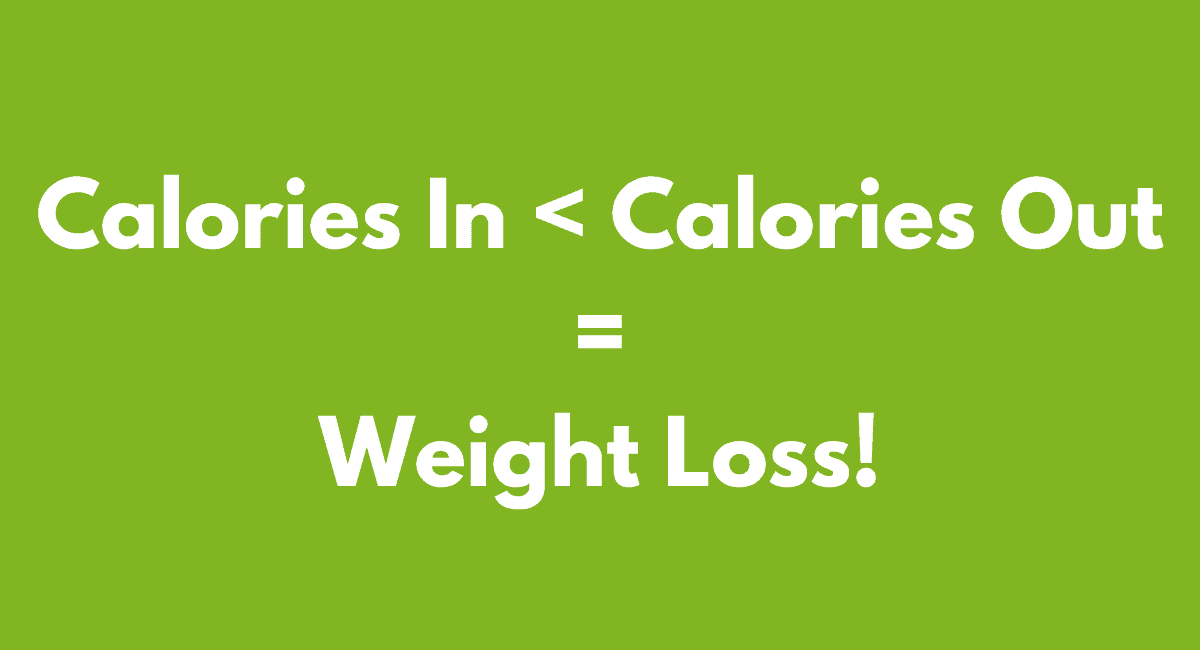
Weight gain or loss is ultimately determined by net calorie balance.
Consuming too many calories, regardless of the source, can lead to weight gain. On the other hand, creating a calorie deficit through diet and exercise can lead to weight loss.
Some people believe that consuming extra protein, such as from whey protein powder, will cause weight gain. This is not necessarily true.
Protein has been shown to have satiating properties, i.e. keeps you fuller for longer. This can help you reduce your caloric intake and help with weight loss rather than weight gain.
But if you’re consuming more than you’re burning, you’re bound to gain weight regardless of what you’re eating. Even if it’s a SALAD.
Additionally, some people may gain weight when they first start using whey protein.
But this is often due to an increase in muscle mass, so it’s a good thing! Muscle is denser and heavier than fat, so an increase in muscle mass can lead to an increase in body weight.
In conclusion, whey protein alone, will neither make you gain weight nor lose weight. It mostly all comes down to your general diet, and how much you’re consuming and burning.
Does whey protein cause acne?
Another widely-held misconception.
Many people misunderstand the relationship between dairy products and acne. Dairy products, in general, may cause acne because they have hormones that make the skin produce more oil, causing breakouts.
But this is not the same as saying that whey protein causes acne. Though whey protein is derived from milk, it is highly processed and filtered, hence removing much of the lactose and fats.
This means that it is much less likely to contain the hormones that people believe are responsible for causing acne.
Here’s the problem…
A lot of us brown folks are lactose intolerant and don’t even know it. Some people may be sensitive to whey protein and may experience skin reactions as a result. It’s not the same as causing acne, but can still be a problem for people.
That being said, the relationship between dairy products and acne is not fully understood and is still being studied. Some studies find a correlation, while others show no link.
The true answer to this…
Will only be answered by time, as the research unfolds.
Take home message:
So there you have it, readers! This might’ve been quite a lot to take in but just know that whey protein powder is one of the most researched supplements in the market.
Therefore, it generally is safe to use.
What you have to do, on your end, is to ensure that you’re buying the right kind, that is suited for YOUR needs.
Generally speaking, the more minimal it is, the better.
If you’re looking for a whey protein powder that is just whey protein powder with nothing else added, we’ve got one for you!
